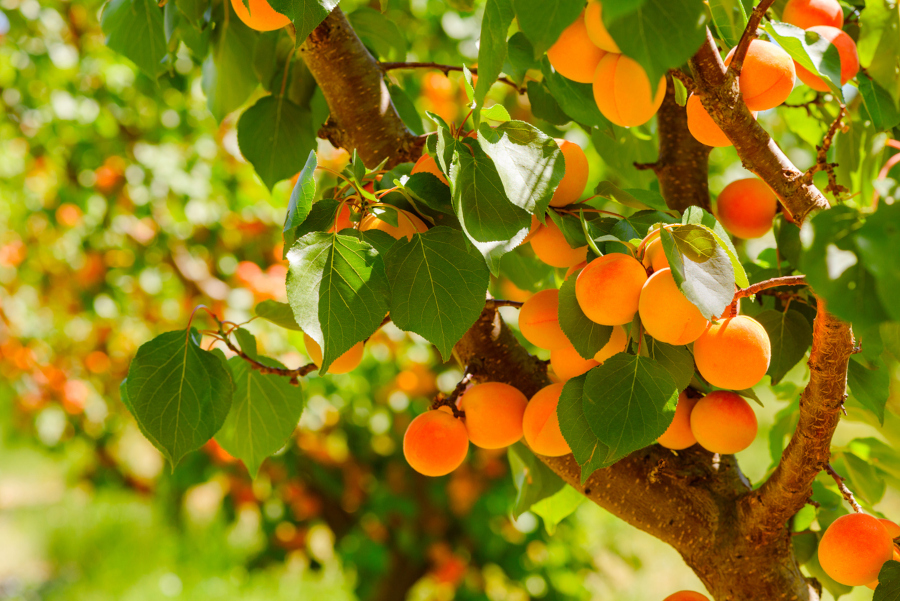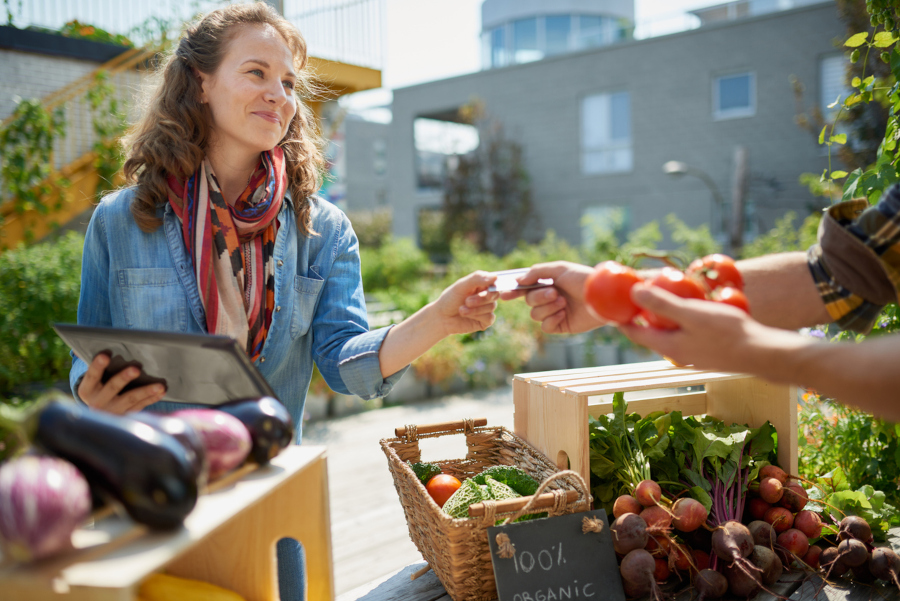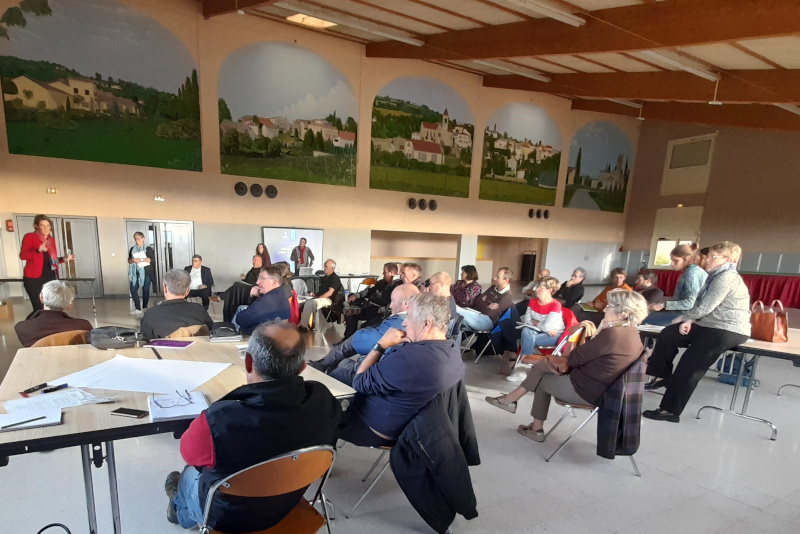
Analyzing the sustainability of food systems and their territorialization are two key issues for the agroecological transition. Our teams have developed original work on these topics, in close collaboration with stakeholders in the field, mainly at the scale of the Auvergne Rhône-Alpes region, even if the methods are being put into practice in other regions or countries.
Localized and territorialized food systems
Our research aims to study emerging, innovative organizational forms, which are often hybrid in their organization and modus operandi. Such systems involve actors from conventional commodity chains in processes of reterritorialization, the aim of which is to build, between the participants of these new models, regulations aiming to foster a socio-ecological transition towards more sustainable models. The work of our researchers focuses more specifically on long-distance producers seeking to relocalize their production and learn how to market their products in new ways.
Over the last 20 years, our teams have analyzed the role of territories in the emergence of innovative forms of agriculture, for instance through the resources that enable them or the differences between rural and urban territories. Our interest for territories has also enabled us to develop the concept of Agroecology Territories, which today question the coupled transition between agricultural production systems and food systems on a territorial scale, as well as the conservation of natural resources and biodiversity.

More recently, our teams have been working on the renewal of entrepreneurial dynamics in the agricultural sector. This work stems from questions raised by our partners on the multiple consequences of demographic changes in the sector: a drop in the number of working people, but also changes in the farming population with the replacement of family labor by employees, and the diversification of sociological profiles of new entrants. These new entrants are creating spaces for innovation by creating new ways of mobilizing land and capital, and renewing the form and organization of collective’s work. Those farms aim to answer differently to socio-ecological issues and aspirations of a new entrant regarding the meaning of work and time spent at work. The regional dairy industry, involved in a label or not, is particularly affected by such demographic and sociological changes. As long-standing partners of ISARA, we are developing research programmes with these partners to support their reflection and transformation.
Mid-scale value chains

SyAMs (Mid-scale value chains) stand out from other food distribution channels thanks to the willingness of different stakeholders (farmer groups, vegetable shops, SMEs, wholesalers, foodservice companies, distributors, startups, local authorities) to build virtuous supply chain projects together.
These projects are driven by “win-win” agreements among stakeholders to create economical value and share it more effectively.
Innovative SyAM tools: Three main types of tools have been produced to help all stakeholders of the food chain to relocalize their production. We’re talking here about farmer collectives, agri-food companies, distributors, local authorities and all those who, on a daily basis, participate in the development of these systems (chambers of agriculture, professional agricultural organizations, professional associations…).
These innovative tools include:
- Case studies to explain the diversity of known SyAMs and better characterize them.
- Toolkits to guide them towards sustainable development.
- A game kit to encourage encounters between the various players and create proximity.

